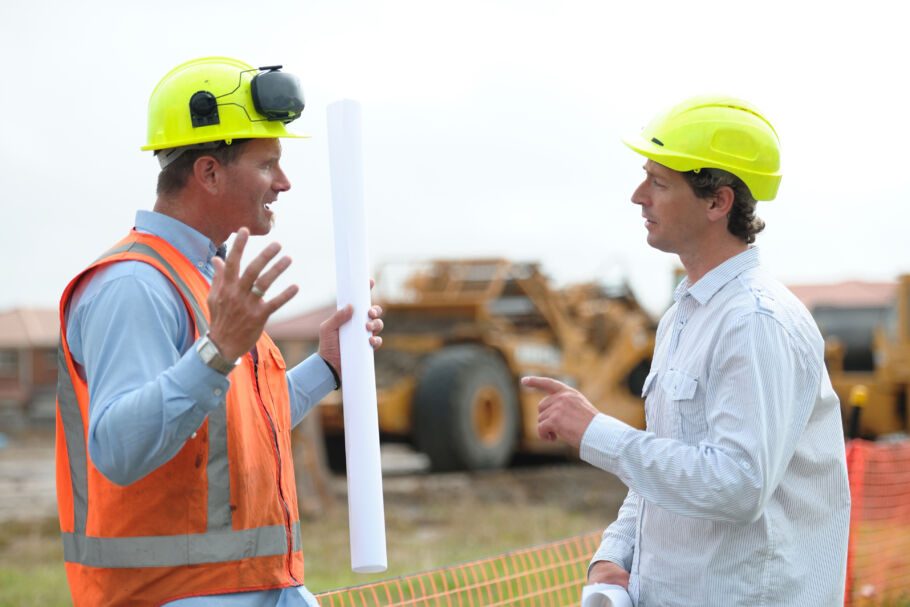
Contributors: Susan Swan
Date published: 9 May 2019
Commercialisation of marine and the opportunities for young professionals
As we approach 2020 it has become clear that the marine energy sector in the UK will not fulfil the optimistic scenarios of deployment envisaged at the beginning of the decade.
With the benefit of hindsight, talk of a marine boom was premature, at least in the short term. However despite the various challenges, the UK still maintains a global lead in the development of marine renewables, with world-leading test and demonstration centres, academia and supply chain expertise and world firsts in terms of deployment.
There are many reasons to support the development of the marine energy sector in the UK, not least the contribution this could make to meeting climate change targets (the marine sector will be integral to both an all-electric future and a hydrogen future).
Development of the marine energy sector could also have the dual economic benefits of bringing jobs to rural coastal communities in need of economic regeneration and bolstering the export potential of UK-made components and expertise.
Scotland’s coastal areas are facing a number of economic and demographic challenges. The marine renewables industry has long been identified as a key sector in combatting these challenges by building on these areas’ natural assets, ambition, skills base, and cultural background. As seen in places like Orkney, diversification into the marine renewable supply chain has allowed businesses to create an innovative sector, pulling young professionals into the community.
Based on first-mover advantage and existing strengths, UK renewables’ companies can expect to retain a large proportion of domestic supply chain activity whilst also exporting globally.
Experience over the last decade in environmental surveying, device design, project management, installation, and operations and maintenance, could all play a key role in global exports making a net positive contribution to the UK economy.
However there are challenges to overcome before unlocking these benefits, key to which is finding a route to market that will attract private sector investors, whose confidence has been dented by the sector having over promised and under delivered in the past. In its Clean Growth Strategy published in October 2017, the UK Government cautioned it would only provide financial support to emerging technologies if they meet the “Triple Test”, which requires demonstration of a cost reduction pathway for the technology and global export potential.
In May 2018, the Offshore Renewable Energy (ORE) Catapult published the results of its evidence-based assessment, which concluded that the UK’s marine energy industries could meet the requirements of the UK Government’s Triple Test. In particular, the ORE Catapult noted the key to capitalising on the export opportunity was the need to build a vibrant domestic market.
Despite this, the industry was dealt a blow in November 2018 when it learned there would be no ring-fenced pot for marine energy in the third Contracts for Difference (CfD) Allocation Round, meaning UK wave and tidal projects would have to compete with fixed offshore wind for financial support – a technology with a circa 20-year head start.
In response, in March 2019 leading UK wave and tidal stakeholders, led by the Marine Energy Council and Scottish Renewables, published a paper proposing three interlinked support models designed to bring marine energy to a cost competitive position. It remains to be seen how government will respond to these recommendations.
At All-Energy 2019, we will explore in more detail the current state of the sector, touching on the success stories giving us cause for optimism, the potential benefits of the sector to the UK economy, the key challenges to unlocking these benefits and the possible solutions being proposed by industry to meet those challenges.
We will also consider what opportunities greater commercialisation of marine energy will create for young professionals already working in the renewables sector. After all, it will be us ‘millennials’ who will oversee the deployment of wave and tidal technologies over the course of the next thirty years.
Come and hear Susan speak at All-Energy 2019
Contributors:
To find out more contact us here



















